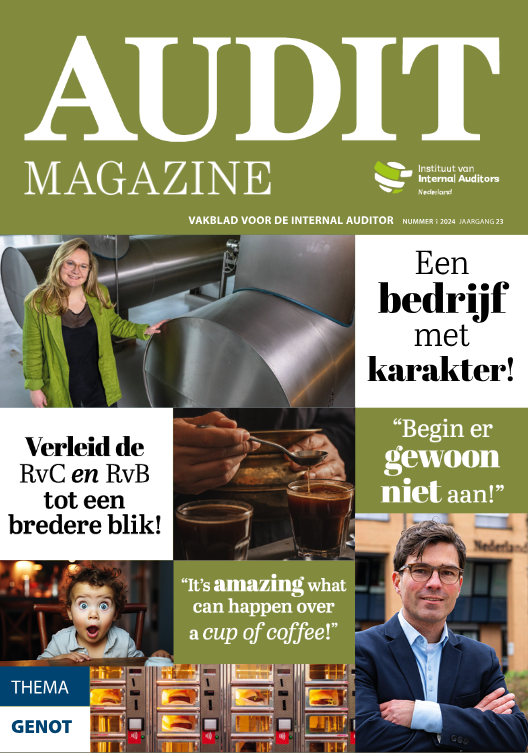Taking the Lead on Nonfinancial Reporting
"Internal audit is well-positioned to examine how its organization reports on nonfinancial issues."
By december, governments across Europe will need to have translated the European Union’s (EU’s) 2014 directive on nonfinancial reporting into their national rule books. Formulated in response to the perceived short-termism that contributed to the global economic and inancial crisis in 2007, the rules mandate that Europe’s top 6,000 companies disclose in their annual report and accounts how they are discharging their social, environmental, and ethical duties.
“Disclosure of nonfinancial information is vital for managing change towards a sustainable global economy by combining long-term profitability with social justice and environmental protection,” the 2014 Directive says. “In this context, disclosure of nonfinancial information helps the measuring, monitoring, and managing of undertakings’ performance and their impact on society.”
Who benefits most from this additional reporting burden? Nicolas Bernier-Abad — who is in charge of seeing the rules come to fruition at the European Commission’s Directorate General of Financial Stability, Financial Services, and Capital Markets Union — told internal auditors at a recent event organized by the European Confederation of Institutes of Internal Auditing in Brussels that nonfinancial reporting was “probusiness.” “The aim is not to create a new report, but to add content to the existing management report regarding
environmental and social obligations, action to counter corruption and bribery, and in respect of human rights,” he said. He added that for executives and boards to understand what is going on in their own organizations, these issues had to be spoken about in the same way as one would talk about profit and loss.
While an estimated 2,000 companies in Europe already produce and use such information, the new Directive will set in motion the biggest compulsory reporting project of its kind. It is likely to help standardize what has been a growing trend globally during the past 10 years. The movement to provide more comprehensive reporting on matters that do not fall under the financial reporting remit has gathered steam under a range of titles — such as integrated reporting, corporate social responsibility reporting, and sustainability reporting — but thus far there is no agreed-upon approach or methodology to capture these disparate topics under a single reporting framework or set of standards.
A More Serious Document
European internal auditors who have been involved in developing nonfinancial reporting mechanisms tend to agree with Bernier-Abad’s assessment. While the reports do give investors, environmental pressure groups, and others a larger and more detailed window into the business’ operations, management also wins.
Download the PDF Taking the Lead on Nonfinancial Reporting, Internal Auditor October 2016







